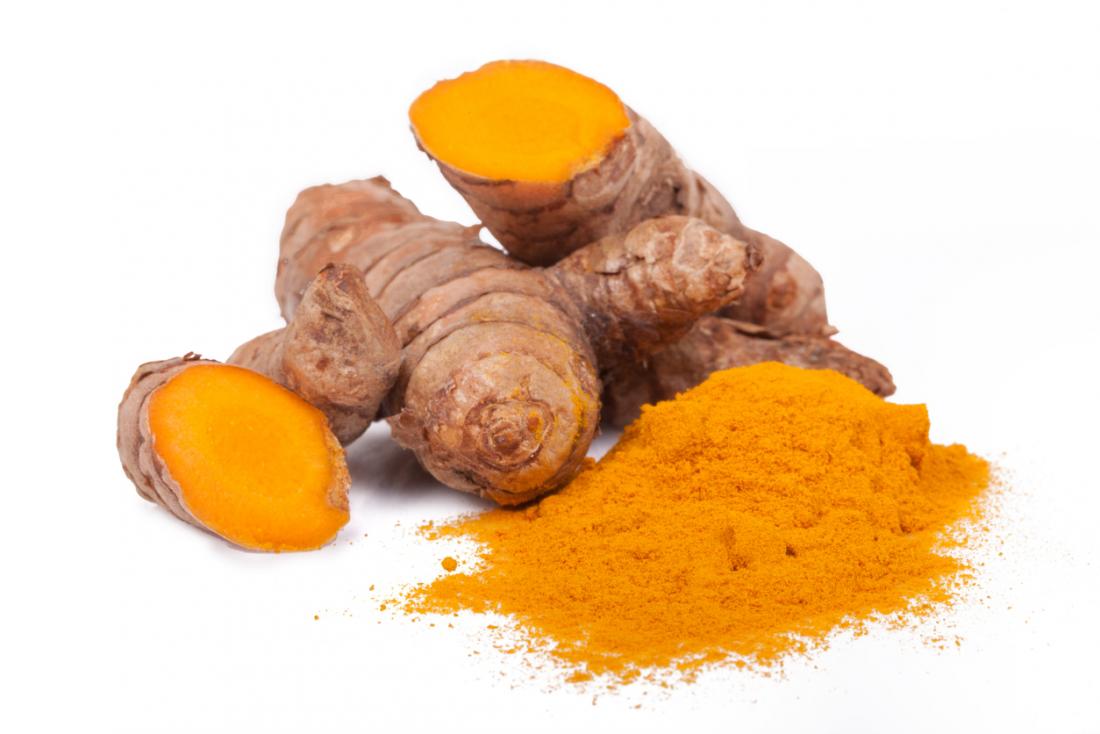
Turmeric and Its Many Health Benefits
Share

Turmeric (Curcuma longa)
The spice turmeric has been used for over 4,000 years to treat a variety of health problems. Curcumin is the extract of turmeric and the part that is the most potent chemically. Studies show that turmeric may fight infections, prevent and treat some cancers, reduce inflammation and address digestive problems.
Commonly known to give Indian curry its flavor and deep yellow color, it is also used as a coloring for cheese, butter and mustard. The Chinese and Indian cultures have used turmeric in the treatment of inflammatory disease, liver problems, digestive issues and wounds.
Found to be a powerful antioxidant, turmeric has been used to fight “free radicals” that can cause damage to the cells throughout the body and may tamper with DNA.
The research shows that turmeric may be helpful for the following conditions:
Indigestion
Turmeric stimulates the gallbladder to make bile and in some people this has been shown to improve digestion. It appears to reduce gas and bloating in those who experience digestive discomfort.
Osteoarthritis
Several studies have found that turmeric relieves arthritis pain by reducing inflammation.
Cancer
Extensive research regarding turmeric’s anti-cancer effects have pointed toward a positive effect in the prevention and treatment of several types of cancer. It is thought that turmeric’s antioxidant factors protect cells from damage by protecting the DNA. This research is ongoing.
Ulcerative Colitis
Turmeric appears to be helpful in people with ulcerative colitis and studies have shown that those patients who consume turmeric have a much lower rate of relapse with considerably longer times between flare-ups.
Heart Disease
Due to its ability to stop platelets from clumping in blood vessels, turmeric may also prevent blood clots from building up in the walls of the arteries. Preliminary research is showing great promise in this area.
Uveitis
Early studies have shown that turmeric may help treat this condition (inflammation in the iris of the eye) and may be as effective as the usual treatment with corticosteroids.
Viral and Bacterial Infections
In animal studies and in the test tube, it has been shown that turmeric may kill bacteria and viruses. Human studies are continuing.
Degenerative and Neurological Conditions
Because turmeric has such powerful anti-inflammatory, circulatory, and antioxidant effects, it may be used to treat Parkinson’s disease, multiple sclerosis, Alzheimer’s and other neurodegenerative diseases.
Turmeric and its extract curcumin are the subjects of much exciting and promising research. This is especially true in the search for treatment and cure of cancer. The National Cancer Institute has found that turmeric and curcumin have shown great promise in this area.
Turmeric is considered to be a safe food but as with all supplements consult your health care provider.
